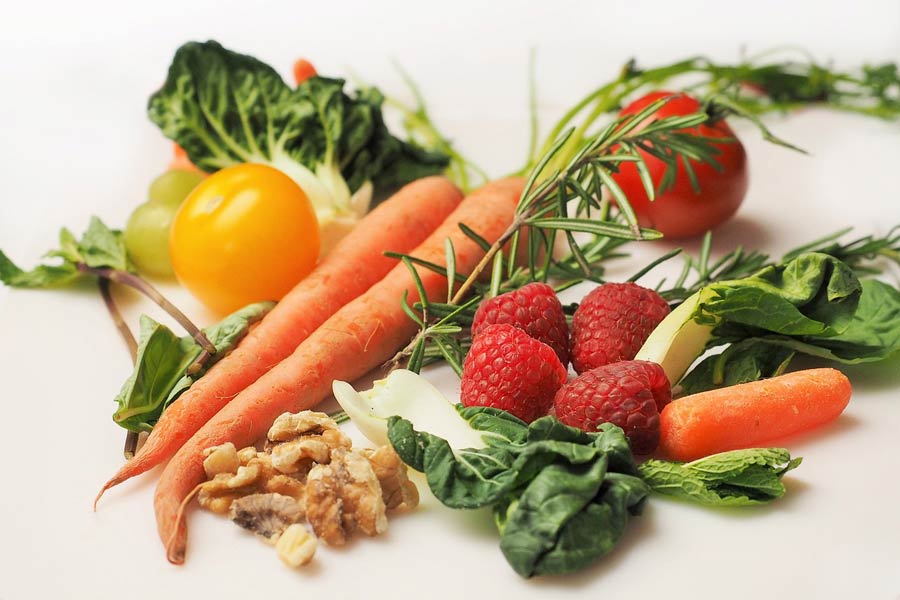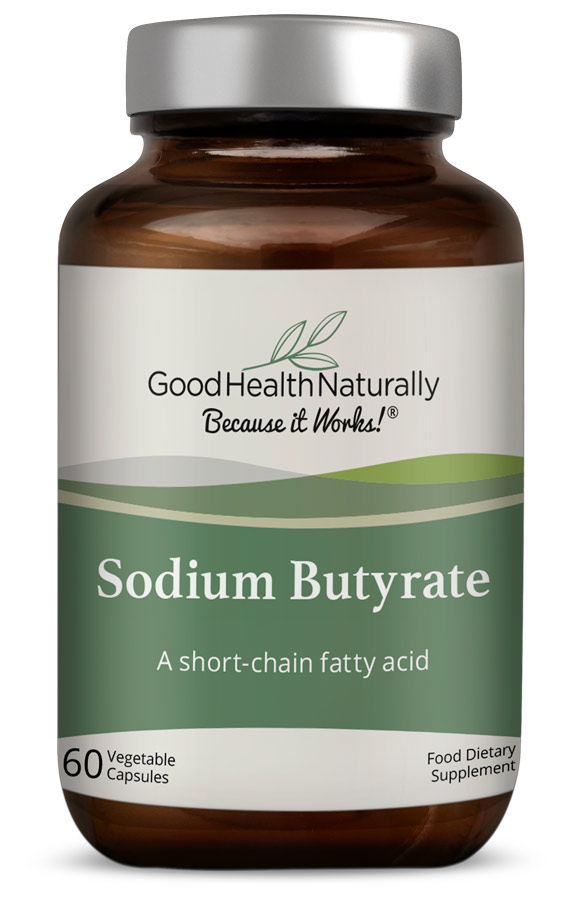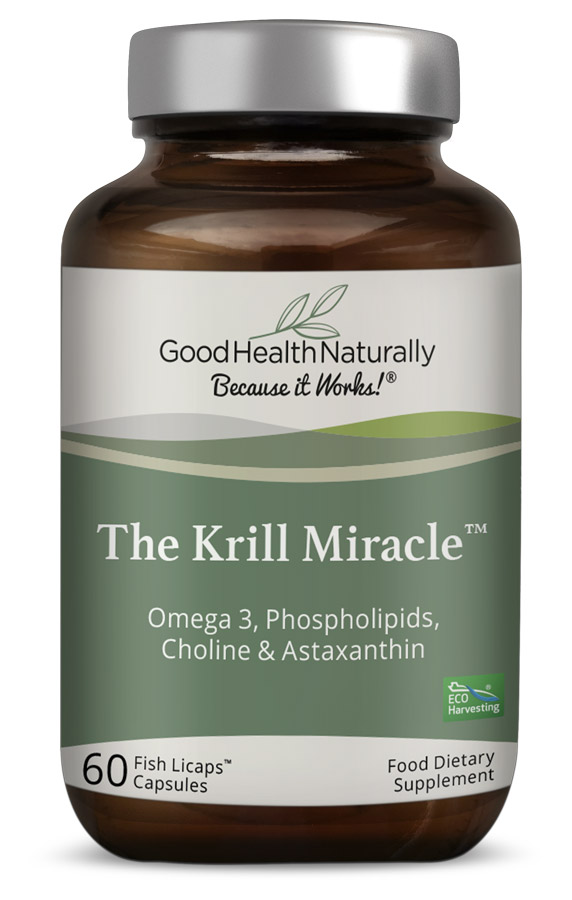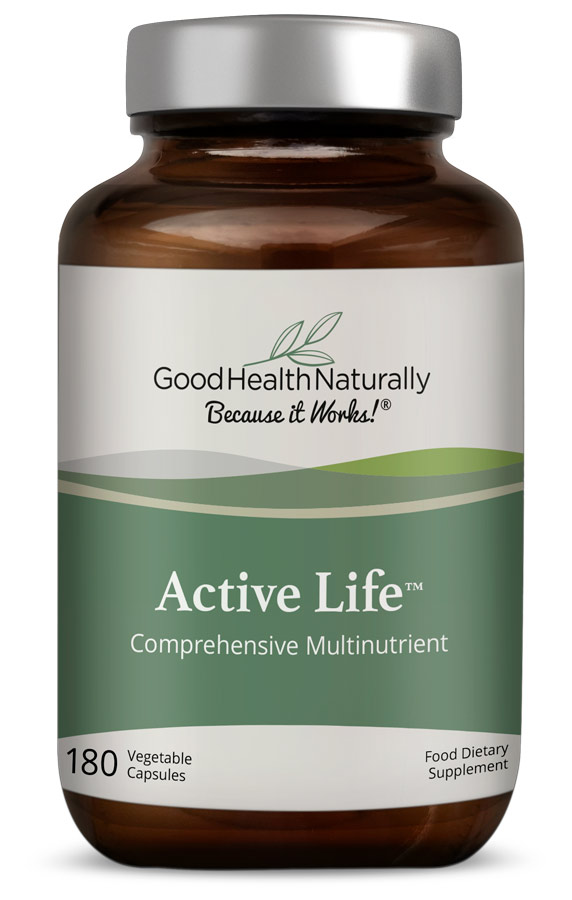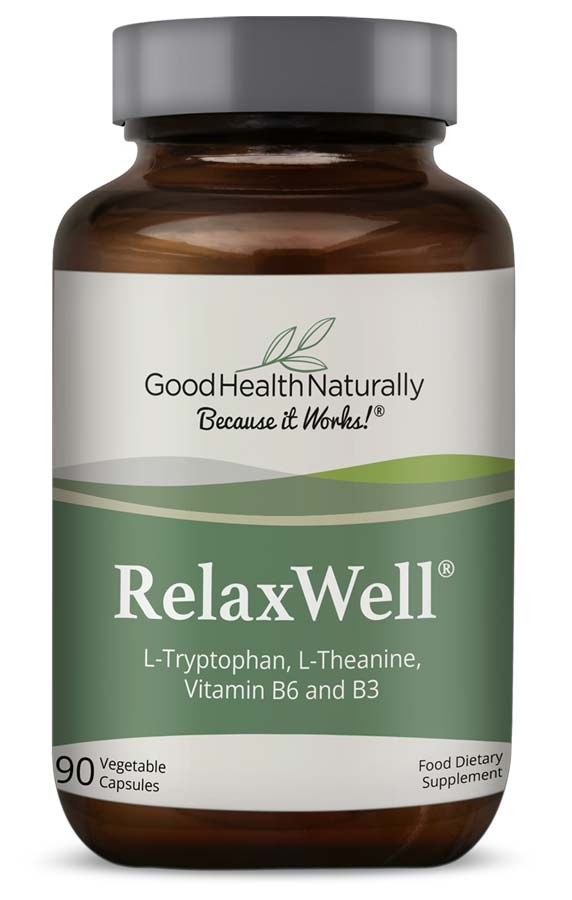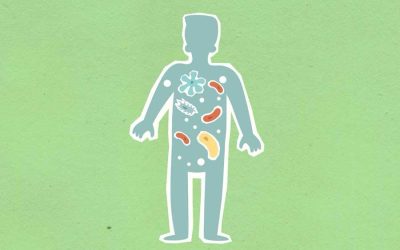Understanding How to Ease Anxiety Naturally
The Connection Between Nutrition and Anxiety
Anxiety has been linked to all kinds of biological factors, including changes in neurotransmitter activity, hormone imbalances and brain inflammation. All of these can be influenced by what we eat.
Essential nutrients like vitamins, minerals and amino acids help produce mood-regulating neurotransmitters such as serotonin, dopamine, and GABA. Studies show that eating a ‘healthier diet’ rich in fruits and vegetables, good quality proteins, and omega-3 fatty acids, like the Mediterranean or anti-inflammatory diet, may help ease anxiety naturally.
Research shows that ‘poor nutrition’, especially diets high in ‘unhealthy’ saturated fats, may increase inflammation, causing alterations in brain function, which can actually lead to anxiety, addiction and depression.
The gut-brain axis, which links the gut microbiota to the brain, is increasingly recognised as a key factor in emotional health. Imbalances in gut bacteria have been associated with heightened anxiety and depression, emphasising the importance of gut-friendly foods.
Intermittent Fasting: A Tool to Calm the Mind
Intermittent fasting, which involves alternating periods of eating and fasting, has become popular for weight management and metabolic health. While its impact on mental health is still being studied, some research suggests it may help reduce brain inflammation and promote the production of brain-derived neurotrophic factor, which supports brain health. This may make intermittent fasting a promising tool to help ease anxiety naturally, although further studies are needed to confirm its benefits.
Key Nutrients to Help Ease Anxiety Naturally
Magnesium: The Relaxation Mineral
Known as the “natural relaxant,” magnesium helps regulate stress hormones and supports neurotransmitter function. Low levels have been linked to heightened anxiety and stress. Research suggests increasing magnesium intake in people with a magnesium deficiency, either through diet or supplements, can help reduce anxiety symptoms. It is found in leafy greens like spinach and kale, nuts and seeds, legumes, whole grains and dark chocolate. Transdermal magnesium can also be a great way to help increase levels. A hot magnesium flake bath or applying a magnesium lotion at bedtime can help ease anxiety naturally and may even improve sleep.
Omega-3 Fatty Acids: Brain Boosters for Anxiety Relief
It is well known that omega-3 fatty acids, especially EPA and DHA, are essential for brain function and mental health. They may help regulate mood and reduce anxiety by promoting healthy neurotransmitter activity and reducing inflammation, both of which can play a role in anxiety. To ease anxiety naturally, incorporate omega-3-rich foods like oily fish, flaxseeds, chia seeds, and walnuts, or consider a high-quality supplement, like krill oil.
Vitamin C: Antioxidant Power for Stress Reduction
Antioxidants, such as vitamin C, may play an important role in helping to combat oxidative stress, which is often elevated during periods of anxiety. A study examining the effects of vitamin C supplementation on high school students for 14 days found it significantly helped reduce anxiety levels. Foods like citrus fruits, bell peppers, and berries are excellent sources.
B Vitamins: Key Nutrients for Stress Management
B vitamins, especially B6, B12 and folate, are vital for producing mood-regulating neurotransmitters and managing stress. They are essential for energy metabolism and may help alleviate the fatigue and irritability often associated with anxiety. B vitamins can also help reduce levels of homocysteine, an amino acid which, when elevated, has been linked to an increased risk of anxiety and depression. Add whole grains, eggs, lean meats, and leafy greens to your meals for a boost.
Probiotics: Supporting Mental Health Through Gut Health
Beneficial bacteria found in fermented foods and probiotic supplements may help improve gut health and reduce inflammation, both of which are linked to anxiety. They can
help balance gut bacteria and promote serotonin production, a key mood regulator. To help ease anxiety naturally,include plenty of fermented foods in the diet, like yoghurt, kefir, sauerkraut, kimchi, miso, and kombucha. Also, prebiotic foods like garlic, bananas, and onions feed the beneficial bacteria, promoting their growth.
Butyrate: A Gut-Brain Superstar
Butyrate is a short-chain fatty acid produced when gut bacteria break down fibre. It has anti-inflammatory properties and has attracted significant attention due to its diverse roles within the gut, which includes maintaining intestinal barrier integrity. Recent research shows it may be able to cross into the brain, potentially helping reduce inflammation and regulating the release of neurotransmitters. High-fibre foods like whole grains and legumes can support butyrate production.
Vitamin D: The Mood-Regulating Vitamin
A deficiency in this vitamin has been linked to an increased risk of anxiety and depression. Vitamin D is crucial for regulating serotonin production and other neurotransmitters involved in mood. Research suggests ensuring there are sufficient levels could play a key role in helping ease anxiety naturally. While sunlight is the primary source, supplements are often recommended during winter or periods of limited sun exposure.
Amino Acids: The Building Blocks of Calm
Tryptophan and tyrosine are two amino acids essential for synthesising neurotransmitters like serotonin and dopamine. Research shows tryptophan depletion is associated with higher anxiety symptoms, so ensuring there is an adequate amount of tryptophan-rich foods in the diet may help ease anxiety naturally. It is found in lean white meats, eggs, dairy products, nuts, seeds, tofu, and legumes. Trials also suggest supplementing with tryptophan may help reduce anxiety symptoms.
Ease Anxiety Naturally – Final Thoughts
Good nutrition provides a powerful, natural approach to managing anxiety and improving mental health. Incorporating key nutrients like magnesium, omega-3s, and vitamin D, along with gut-friendly foods, can reduce symptoms and promote overall well-being. For a holistic approach, combine dietary changes with regular exercise, mindfulness practices, and adequate sleep. Start making small adjustments today, and let your diet be a tool to ease anxiety naturally and support a calmer, healthier mind.
- Fasting the brain for mental health – PubMed
- Diet and Anxiety: A Scoping Review – PMC
- The N-3 polyunsaturated fatty acids supplementation to prevent depression recurrence in patients
-life depression: A 52-week double-blind, placebo-controlled trial – PubMed - Effects of Oral Vitamin C Supplementation on Anxiety in Students: A Double-Blind, Randomized, Placebo-Controlled Trial – PubMed
- Is Vitamin D Important in Anxiety or Depression? What Is the Truth? – PMC
- Antidepressant-like effects of sodium butyrate and its possible mechanisms of action in mice exposed to chronic unpredictable mild stress – ScienceDirect
- Gut microbiota-derived short-chain fatty acids and depression: deep insight into biological mechanisms and potential applications | General Psychiatry
- Neural Regeneration Research

